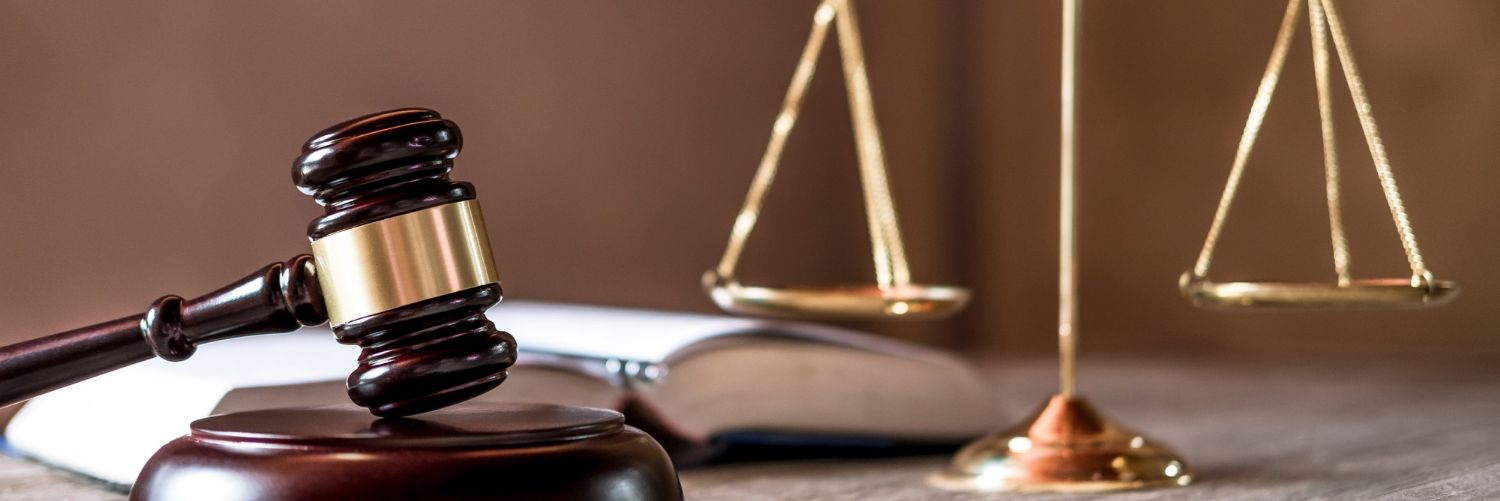Teva's Opioid Settlement Gets Support From 48 States
Teva's Opioid Settlement Gets Support From 48 States

Introduction
Teva Pharmaceuticals just needs two more states to achieve agreements or agree to engage in a settlement accord with the generics giant for its participation in the US opioid epidemic.
Teva claimed it is at "a sufficient level" with 48 states under its belt to move forward with its countrywide settlement agreement to handle opioid-related claims. Teva will continue to seek the two remaining states, New Mexico and Nevada, in an attempt to get them to participate.
The registration period for state subdivisions, such as cities and counties, is now open as the countrywide agreement moves forward. Subdivisions will have 90 days to join.
Given the very positive response from states, the Company remains optimistic that the nationwide settlement will garner similar support from the states' subdivisions, Teva said in a statement, adding that it remains in the Company's best interest and in the interest of those impacted by the opioid crisis to settle these cases and to continue to focus on the patients Teva serves every day.
Teva will acknowledge no wrongdoing as part of the earlier arrangement negotiated with state attorneys general and lawyers for the states and subdivisions.
Teva executives disclosed the transaction during an earnings conference in July, revealing the firm had agreed to pay up to $4.25 billion in settlement fees over 13 years, as well as $100 million to Native American tribes. That figure includes claims that had already been settled for around $550 million at the time.
According to SEC filings, Teva just disclosed $195 million in lawsuit settlements and loss contingencies, compared to just $3 million in the third quarter of 2021.
Several governments, including Texas, Florida, Louisiana, Rhode Island, West Virginia, San Francisco, and New York, have previously achieved settlements with the corporation. The latter settlement was completed in November, with the state receiving more than $500 million, according to Endpoints. This includes around $210.5 million from the national settlement and an additional $313.3 million from a trial victory.
Several settlements include naloxone hydrochloride nasal spray, which may reverse an opioid overdose. Teva plans to release a generic version of Narcan in December 2021.
Teva will be required to pay $24.8 million over 13 years in San Francisco, as well as deliver naloxone hydrochloride nasal spray for $20 million (at wholesale purchase cost) over ten years. Teva previously settled with West Virginia, paying up $75 million over 15 years, $8 million in attorneys' costs, and $27 million in generic Narcan over ten years.
Teva has been accused of using misleading marketing practices with opioids, including downplaying the risk of addiction while exaggerating its advantages. However, it is not the only one.
In November, Walmart announced a $3 billion opioid-related settlement, joining CVS and Walgreens. Walmart was accused by the New York Attorney General's office of contributing to the US opioid problem by failing to control opioid prescriptions in its shops. Allergan, a subsidiary of AbbVie, agreed to pay up to $2.37 billion to state and municipal governments harmed by the opioid crisis.
According to the CDC, more than 263,000 persons died in the United States from prescription opioid overdoses between 1999 and 2020, with overdose fatalities increasing nearly fivefold throughout that time period.




